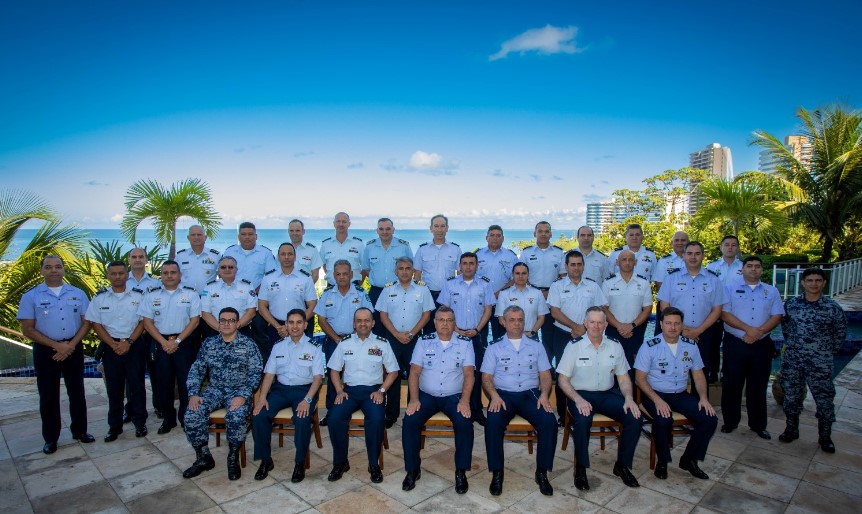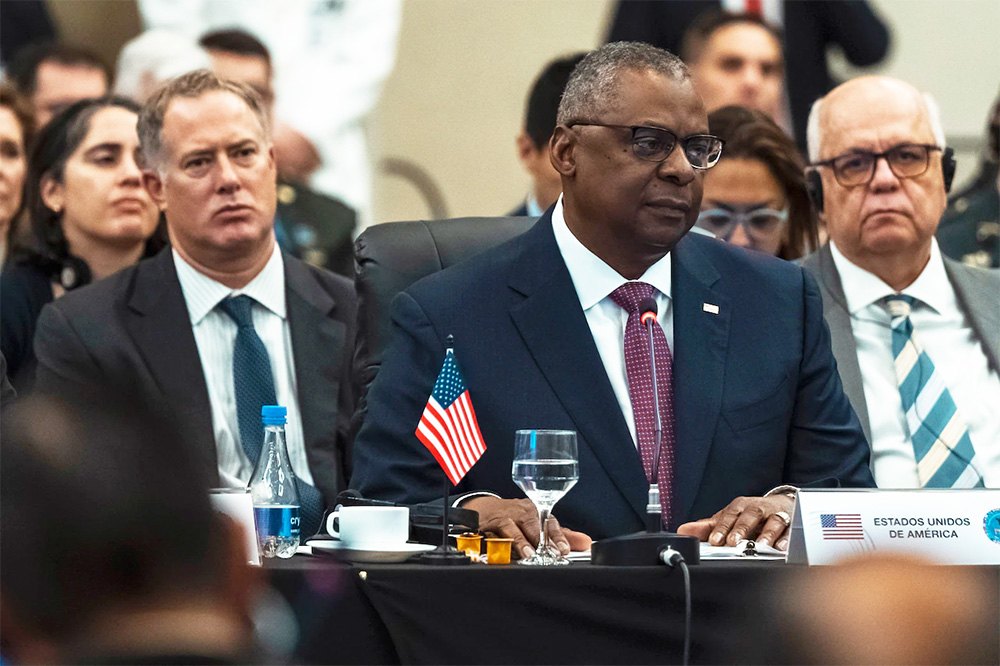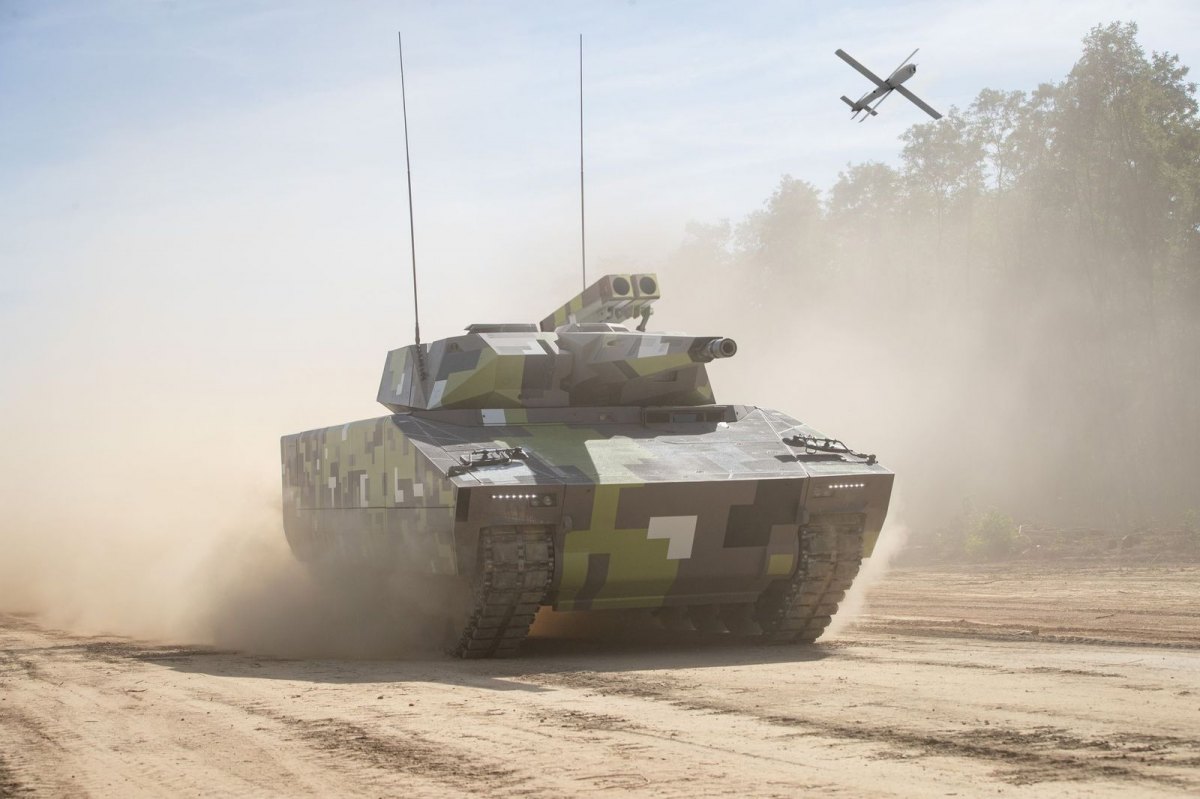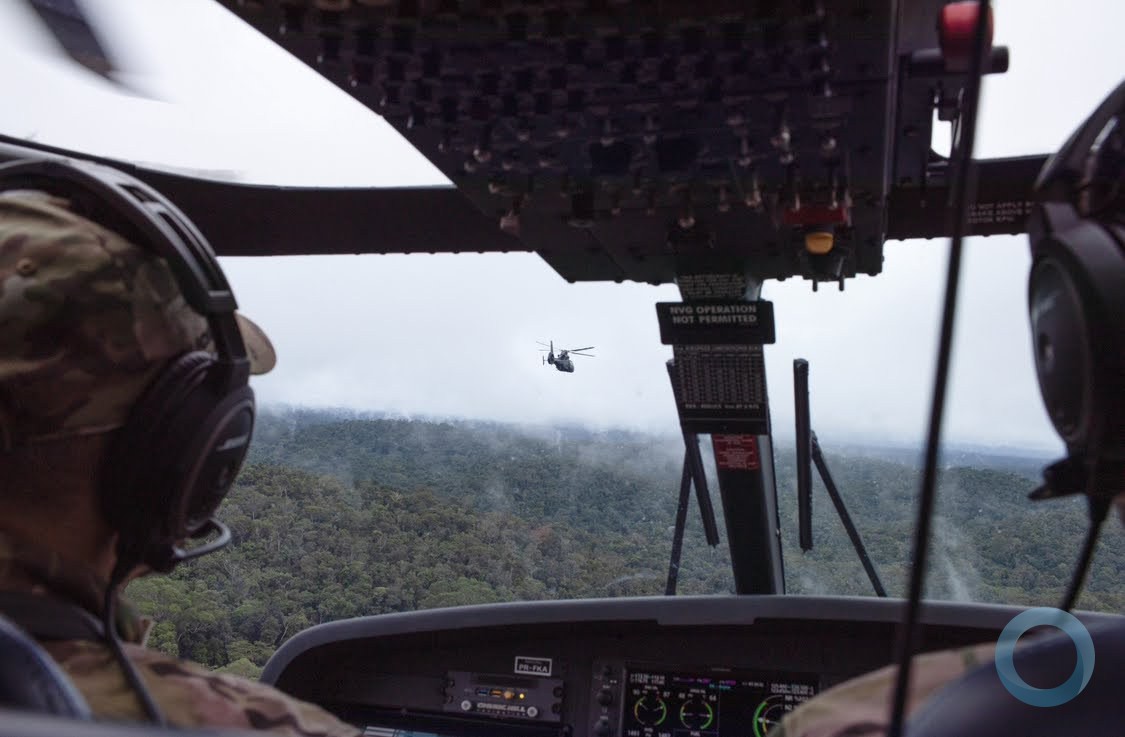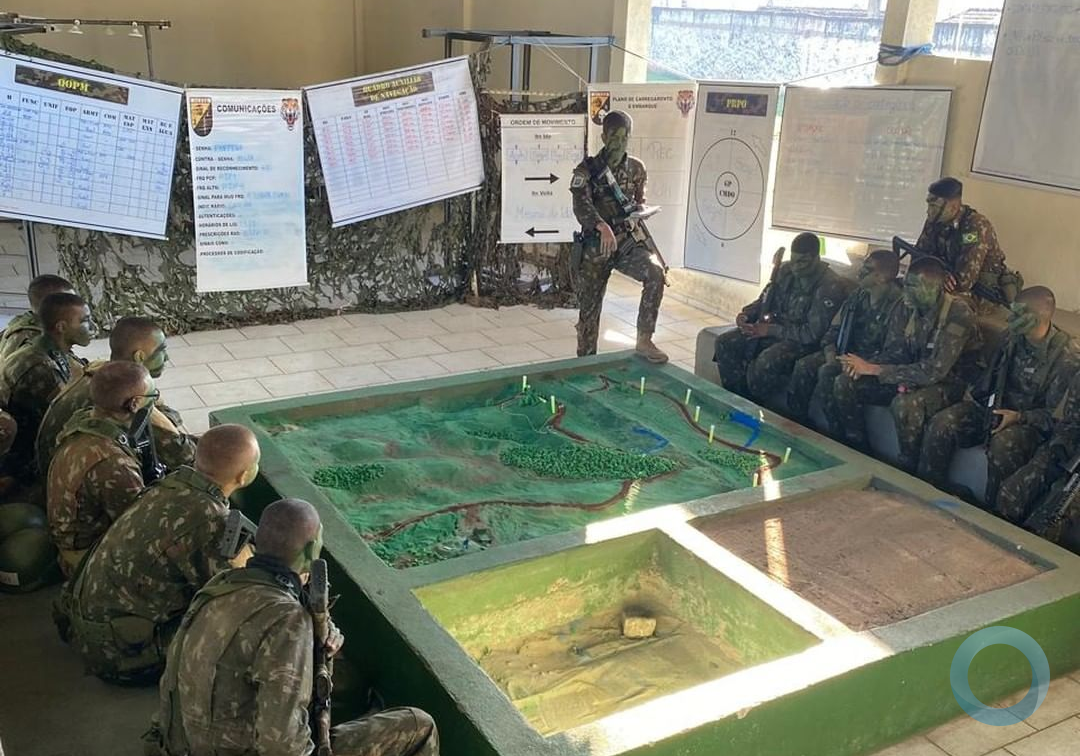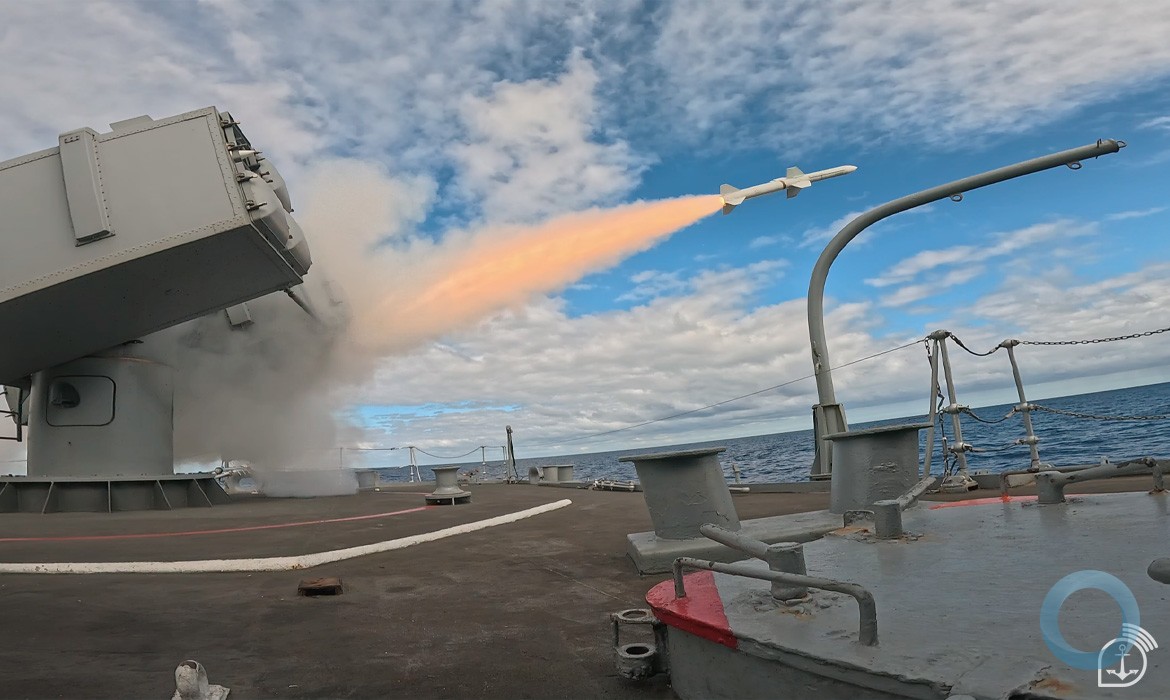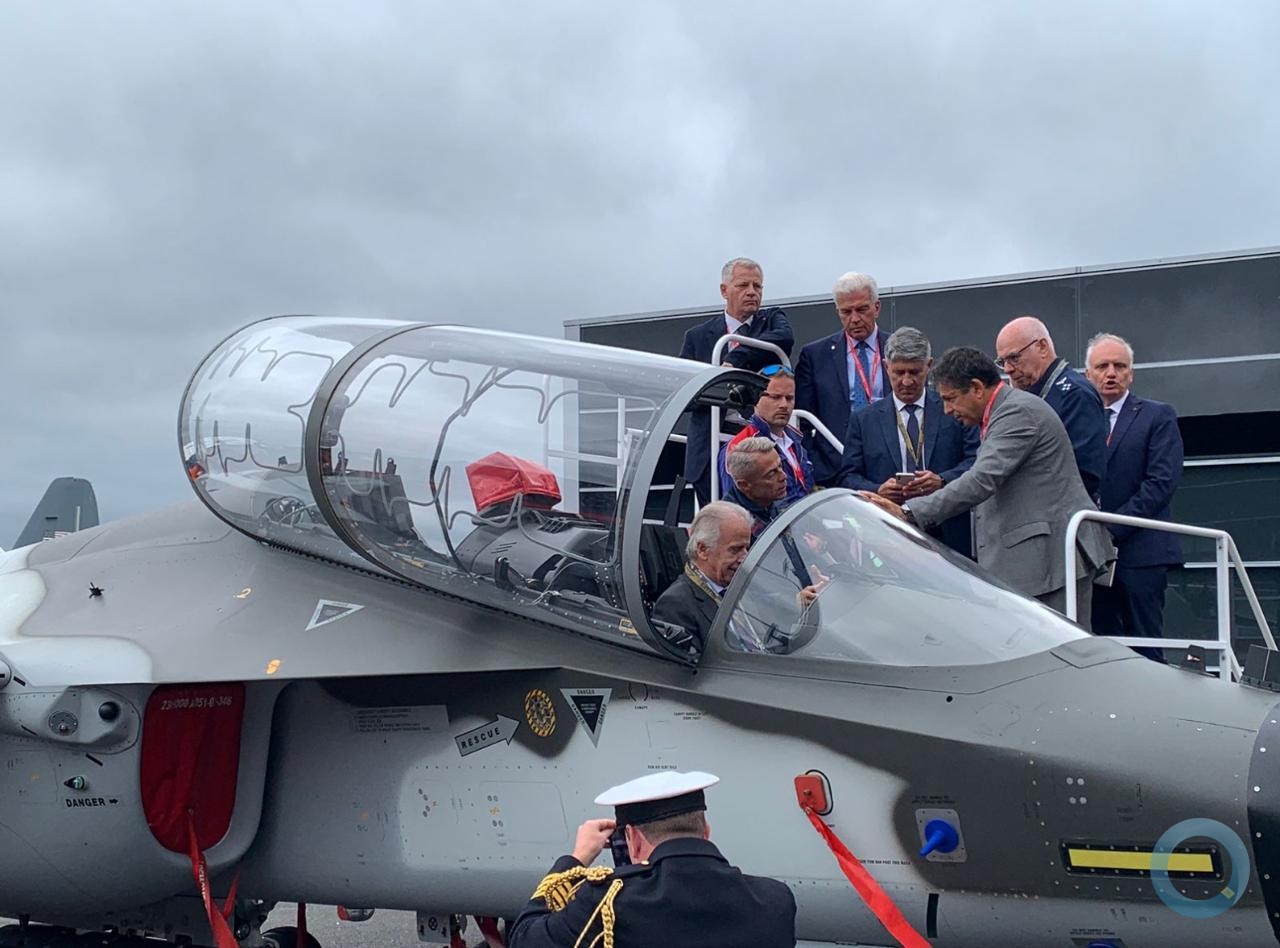Desiree Bamba
Georgia DoD
The Georgia National Guard has been selected as the U.S. partner for the Republic of Argentina as part of the Department of Defense State Partnership Program (SPP). The announcement was done on Nov. 30.
“The State Partnership Program allows us to leverage the deep and trusting ties the National Guard has built with a very large group of foreign allies across every combatant command,” said Air Force Gen. Joseph L. Lengyel, chief, National Guard Bureau. “I'm confident the Georgia National Guard and Argentina will both benefit from the extraordinarily rich tapestry of skills and experience each will bring to this partnership.”
Guided by U.S. Department of State foreign policy goals, the SPP is administered by the National Guard Bureau and supports theater commanders’ security cooperation objectives. The program has been successfully building relationships around the globe for more than 20 years. With the inclusion of Argentina, the State Partnership Program will have a total of 73 state partnerships.
“I am proud that our Georgia Department of Defense will enter into a State Partnership Program with the country of Argentina,” said Georgia Gov. Nathan Deal. “We look forward to this partnership as it will serve as an opportunity for many of Georgia's leading industries and business enterprises as well as state agencies, universities and civic organizations.”
Argentina will become Georgia’s second state partner. The state formalized a partnership with the Country of Georgia in 1994. Since the partnership began, the Georgia National Guard has completed more than 100 exchanges ranging from humanitarian assistance and disaster relief preparedness to maintenance, emergency management, aviation opportunities and restructuring of the Georgian Military Police.
The United States-Argentina relationship took a significant step forward when then-newly elected Argentine President Mauricio Macri requested the inclusion of Argentina in the SPP in early 2016. Since then, the Georgia National Guard has demonstrated a range of capabilities that will assist in meeting Argentina’s security requirements and solidifying pre-existing security collaboration.
The SPP between the state of Georgia and Argentina will lay the foundation for developing a long-term successful relationship by sharing expertise in emergency and disaster response, enhancing border security and strengthening cooperation in peacekeeping operations and readiness, Georgia officials said.
“I'm excited to start our relationship and to explore opportunities between the State of Georgia and the Republic of Argentina,” said Brigadier General Joe Jarrard, adjutant general, Georgia National Guard. “Argentina has an open, well-developed economy with a mature military. Our organization is looking forward to providing assistance with environmental issues related to flooding and wildfires, aviation exchanges and maintenance, border security, logistics, and disaster preparedness. The future relationship between this South American country and our southern state is boundless and will help strengthen not only our two countries, but also increase stability in the Americas.
The SPP evolved from a 1991 U.S. European Command decision to set up a Joint Contact Team Program in the Baltic Region with Reserve component Soldiers and Airmen. A subsequent National Guard Bureau proposal paired U.S. states with three nations emerging from the former Soviet Bloc and the SPP was born, becoming a key U.S. security cooperation tool, facilitating cooperation across all aspects of international civil-military affairs and encouraging people-to-people ties at the state level.
Through SPP, the National Guard conducts military-to-military engagements in support of defense security goals but also leverages whole-of-society relationships and capabilities to facilitate broader interagency and corollary engagements spanning military, government, economic and social spheres.








